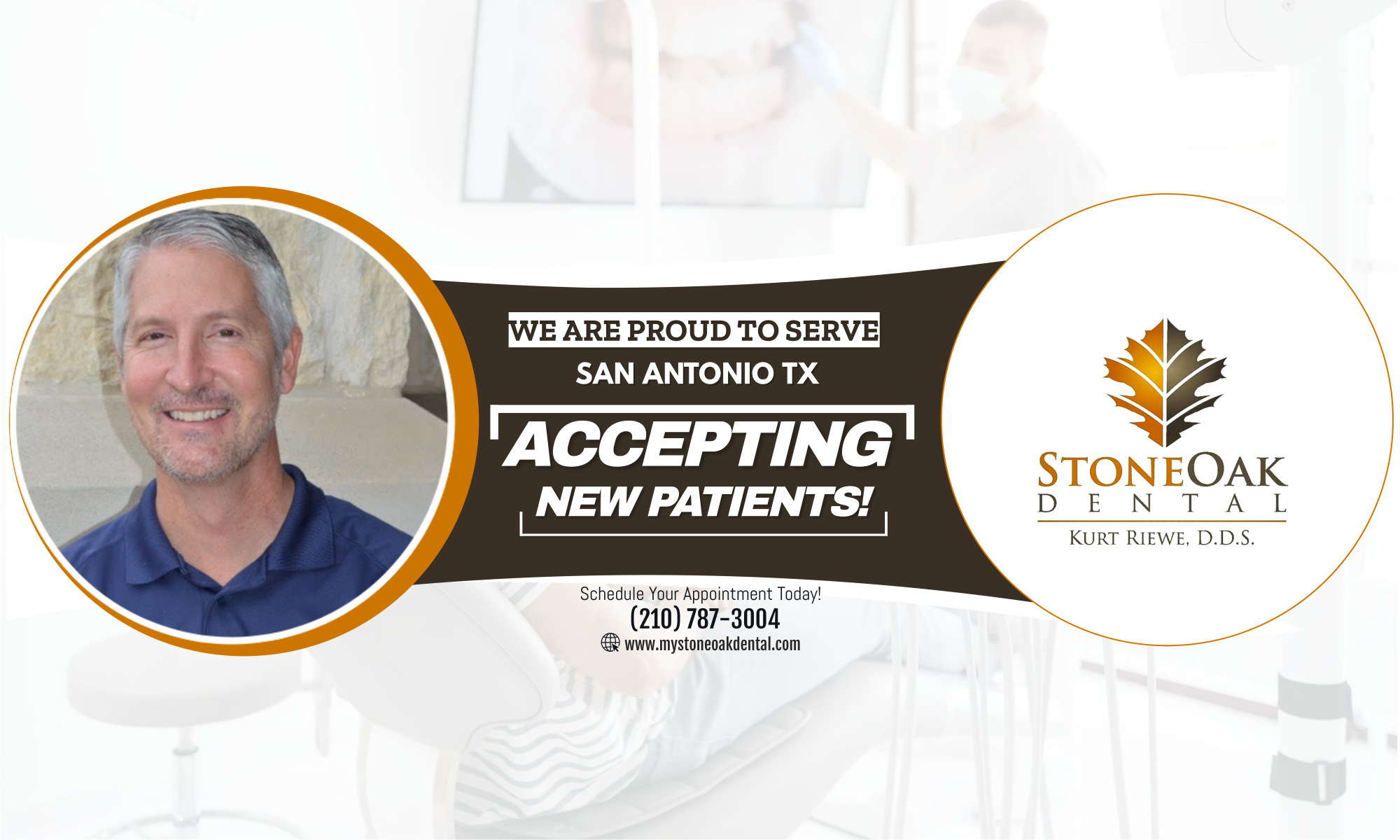Sealants are made from plastic material applied to the back teeth to protect the enamel from plaque and acids.
The plastic bonds into the depressions and grooves (pits and fissures) of the chewing surfaces of the back teeth – premolars and molars.
Although thorough brushing and flossing can help remove food particles and plaque from smooth surfaces of teeth, the toothbrush bristles cannot reach all the way into the depressions and grooves to extract food and plaque.
The benefit of sealants is that they protect these vulnerable areas by “sealing out” plaque and food.
Your dentist can apply sealants quite easily and it takes only a few minutes to seal each tooth.
The teeth being sealed will first be cleaned. Then the chewing surfaces are roughened with an acid solution which makes it easier for the sealant to stick to the tooth.
The sealant is then ‘painted’ onto the tooth enamel, where it bonds directly to the tooth and hardens.
Sometimes a special curing light is used to help the sealant harden.
As long as the sealant remains intact, the tooth surface will be protected from decay.
They usually last several years before a reapplication is needed. Your dentist will check the condition of the sealants during your regular visits and reapply them when necessary.
Sealants are ideal for children because the risk of developing pit and fissure decay starts early in life. However, many adults can benefit from sealants as well.
Your dentist can tell you whether sealants would help your oral hygiene program.
